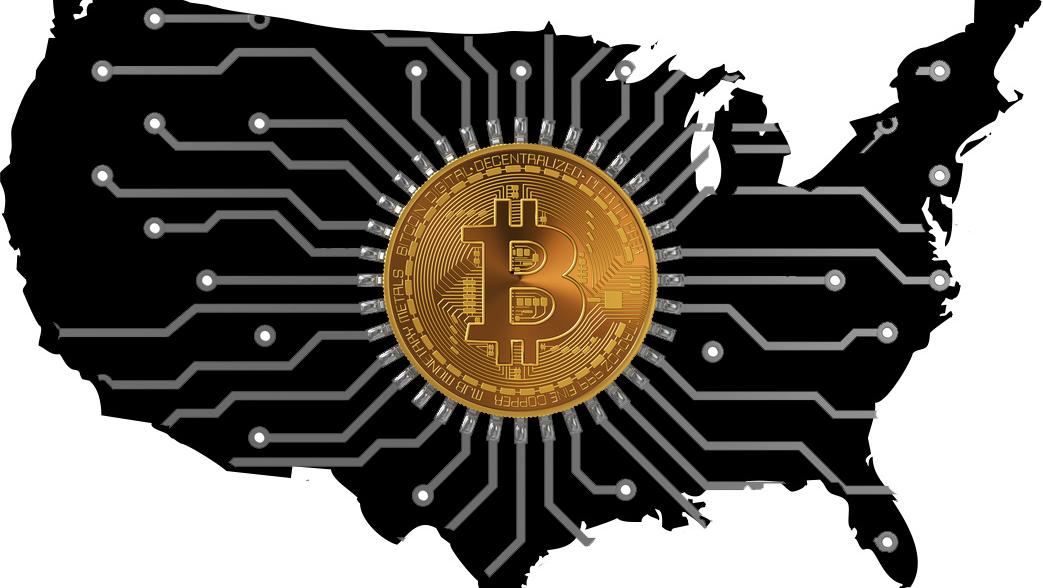PALO ALTO, Calif. (Reuters) - The Federal Reserve is taking a look at a broad variety of concerns around digital payments and currencies, including policy, style and legal factors to consider around potentially providing its own digital currency, Guv Lael Brainard said on Wednesday. Brainard's remarks recommend more openness to the possibility of a Fed-issued digital coin than in the past." By changing payments, digitalization has the possible to deliver greater worth and benefit at lower cost," Brainard stated at a conference on payments at the Stanford Graduate School of Organization.
Central banks worldwide are disputing how to manage digital financing innovation and the dispersed ledger systems utilized by bitcoin, which promises near-instantaneous payment at potentially low expense. The Fed is establishing its own round-the-clock real-time payments and settlement service and is currently examining 200 remark letters sent late in 2015 about the proposed service's design and scope, Brainard said.
Less than two years ago Brainard told a conference in San Francisco that there is "no compelling demonstrated need" for such a coin. But that was prior to the scope of Facebook's digital currency ambitions were commonly understood. Fed authorities, including Brainard, have actually raised concerns about consumer defenses and data and privacy dangers that could be posed by a currency that could enter usage by the third of the world's population that have Facebook accounts.
" We are teaming up with other main banks as we advance our understanding of reserve bank digital currencies," she stated. With more nations looking into providing their own digital currencies, Brainard said, that contributes to "a set of reasons to likewise be ensuring that we are that frontier of both research study and policy development." In the United States, Brainard stated, problems that require study consist of whether a digital currency would make the payments system safer or easier, and whether it could position monetary stability dangers, consisting of the possibility of bank runs if cash can be turned "with a single swipe" into the reserve bank's digital currency.

To counter the monetary damage from America's unprecedented national lockdown, the Federal Reserve has taken unmatched steps, consisting of flooding the economy with dollars and investing straight in the economy. Most of these moves received grudging acceptance even from many Fed doubters, as they saw this stimulus as needed and something only the Fed could do.
My new CEI report, "Government-Run Payment Systems Are Hazardous at Any Speed: The Case Versus Fedcoin and FedNow," information the dangers of the Fed's current strategies for its FedNow real-time payment system, and propositions for central bank-issued cryptocurrency that have been dubbed Fedcoin or the "digital dollar." In my report, I discuss issues about privacy, data security, currency manipulation, and crowding out private-sector competition and development.
Proponents of FedNow and Fedcoin say the federal government needs to develop a system for payments to deposit quickly, instead of encourage such systems in the economic sector by raising regulatory barriers. But as noted in the paper, the economic sector is offering an apparently unlimited supply of payment technologies and digital currencies to fix the problemto the degree it is a problemof the time gap between when a payment is sent out and when it is gotten in a bank account.
And the examples of private-sector innovation in this location are many. The Clearing House, a bank-held cooperative that has actually been routing interbank payments in numerous kinds for more than 150 years, has been clearing real-time payments because 2017. By the end of 2018 it was covering half of the deposit base in the U.S.